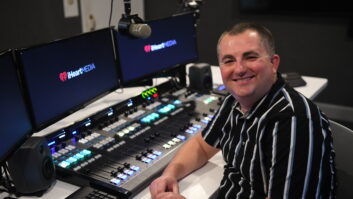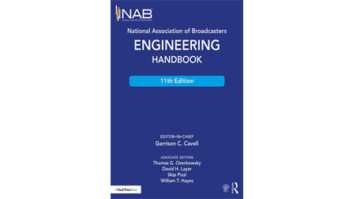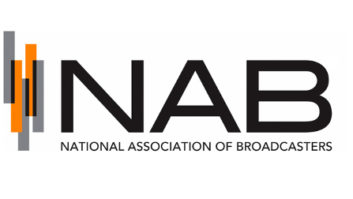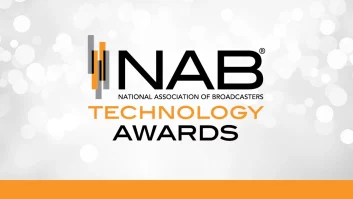Doug Irwin: Many of the topics in the 11th edition are updates from past editions. RadioDNS is a brand new topic though, correct?
Nick Piggott: It is a new topic for this edition, and I think it’s arrival is timely. Hybrid radio is entering into mainstream discussion about the future of radio distribution, and so understanding the concepts and practicalities of it has value for technologists and strategists in radio.
DI: Would you characterize your chapter as being more about theory, or as a “primer” in the application of RadioDNS?
NP: I’ve tried to take a balanced approach to the composition of the chapter, progressing from the broad concepts of hybrid radio through to the specifics of the RadioDNS approach. As RadioDNS is the only open-standards implementation of hybrid radio, it was the only approach that could be fully dissected in the book, and the only system that can be implemented without having to work with a proprietary technology provider.
DI: What are the most important “takeaways” for readers of your chapter?
NP: I would like people to take a new view of the value of their “legacy” broadcast assets, and see the unique opportunity they provide. The weaknesses of broadcast can be addressed through a tactical addition of IP, and that an open-standards approach to doing that provides a framework onto which different applications can be built. I hope there’s also an understanding that starting with hybrid is pretty simple, and that supporting an open-standards approach provides freedom to switch around providers and approaches and reduces the long-term risks of finding yourself dis-intermediated from your listeners.
DI: In many ways the NAB Engineering handbook is a “snapshot” of the technology in use at the time the book is composed. Put on your futurologist hat for one moment–care to talk about what will be different ten years from now?
NP: I think that radio as a medium will still be healthy, albeit with new formats and content, in much the same way that radio stations sound different now from 20 years ago. The complexity of distribution will continue to increase, with gatekeepers and networks to navigate more thoughtfully. I do think broadcast will still be a relevant technology for anyone who has an ambition to reach mass audiences, but that broadcasters will have to truly embrace creating meta-data as well as audio to make sure they stay prominent, and not just present, in future media devices.












